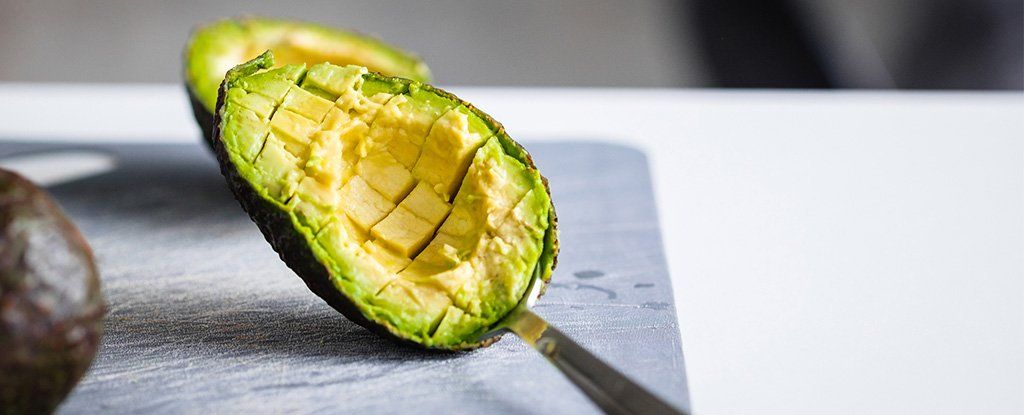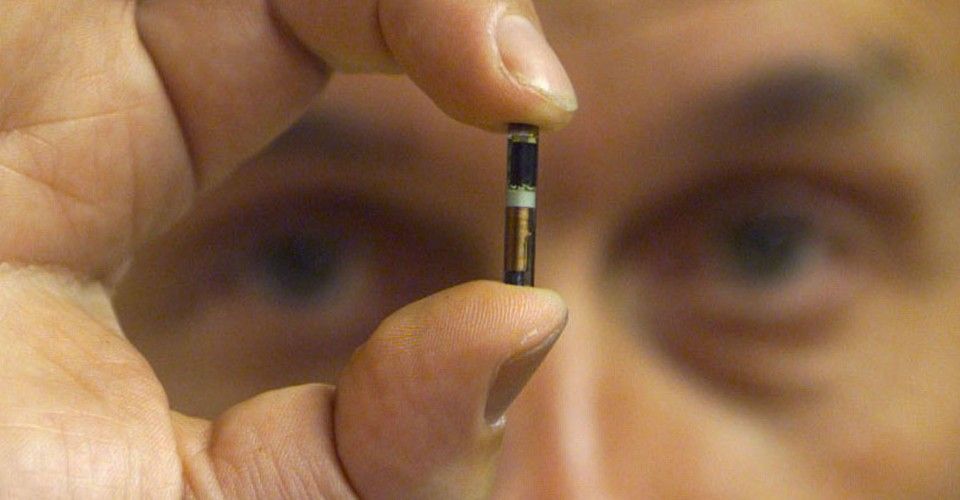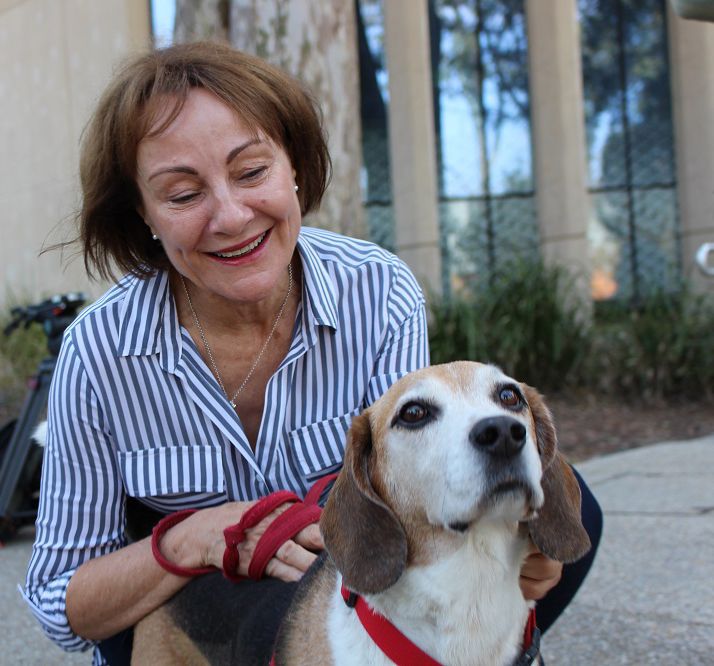And yet, today, the struggle against HIV may be undergoing a sea change.
U.S. health officials and HIV experts are beginning to talk about a future in which transmission in the United States could be halted. And that future, they say, could come not within a generation, but in the span of just a few years.
“We have the science to solve the AIDS epidemic,” Dr. Robert Redfield, the director of the CDC, himself a longtime HIV researcher and clinician, told STAT in a recent interview. “We’ve invested in it. Let’s put it into action.‘’






